J.P. De Gance Founder & President,
Communio
J.P. De Gance is Founder and President of Communio, a ministry that seeks to equip the local church to share the gospel through marriage and relationship ministry. He designed and led the largest privately funded, local marriage initiative in US history, which lowered the divorce rate in Jacksonville, Florida by 24 percent in three years. He is the co-author of Endgame: The Church’s Strategic Move to Save Faith and Family in America. He is also the author of the Nationwide Study on Faith and Relationships. J.P. and his wife have eight children and live in Virginia.
J.P. De Gance Videos
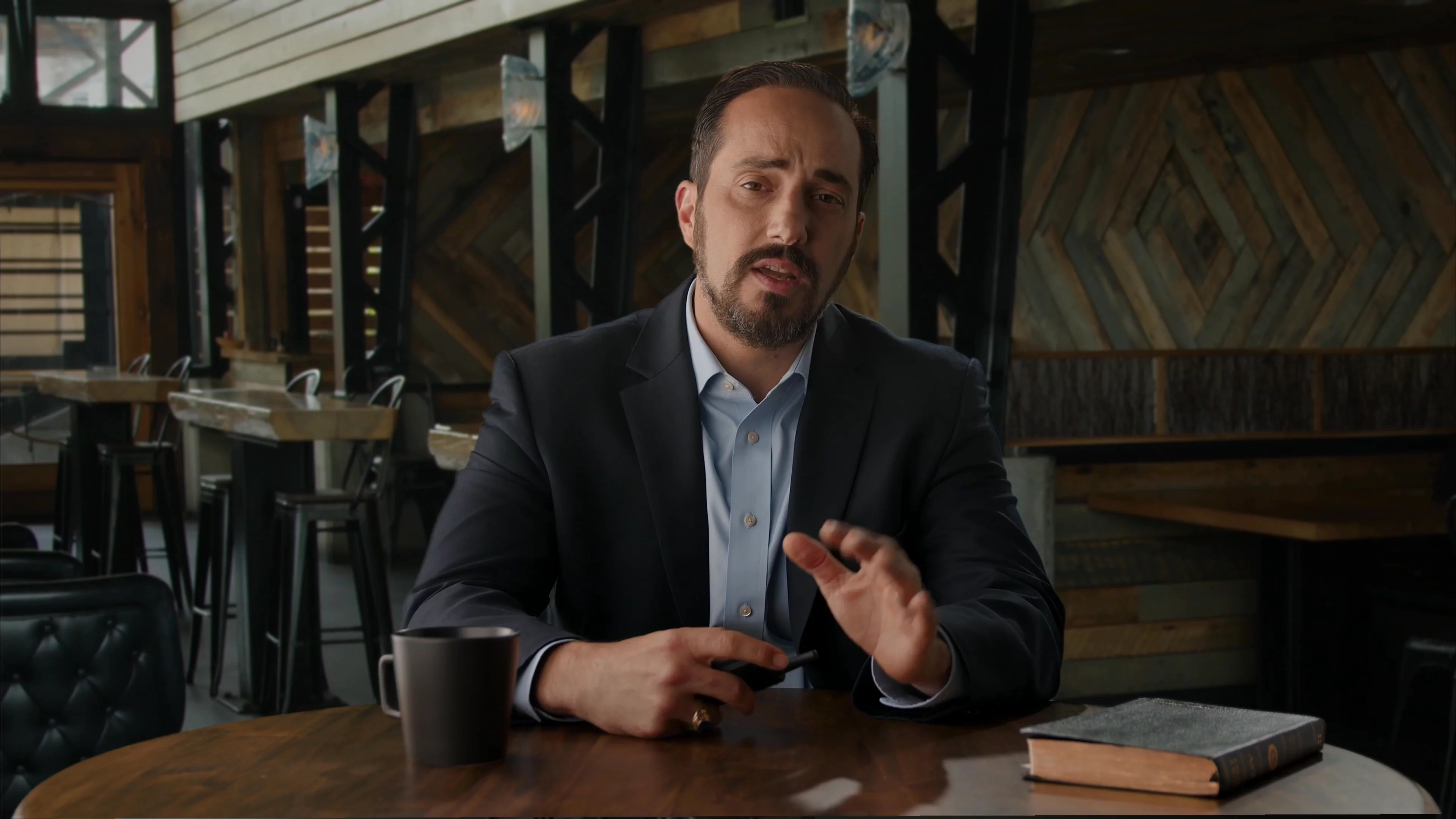
The Role of the Church in Restoring Marriage
J.P. De Gance
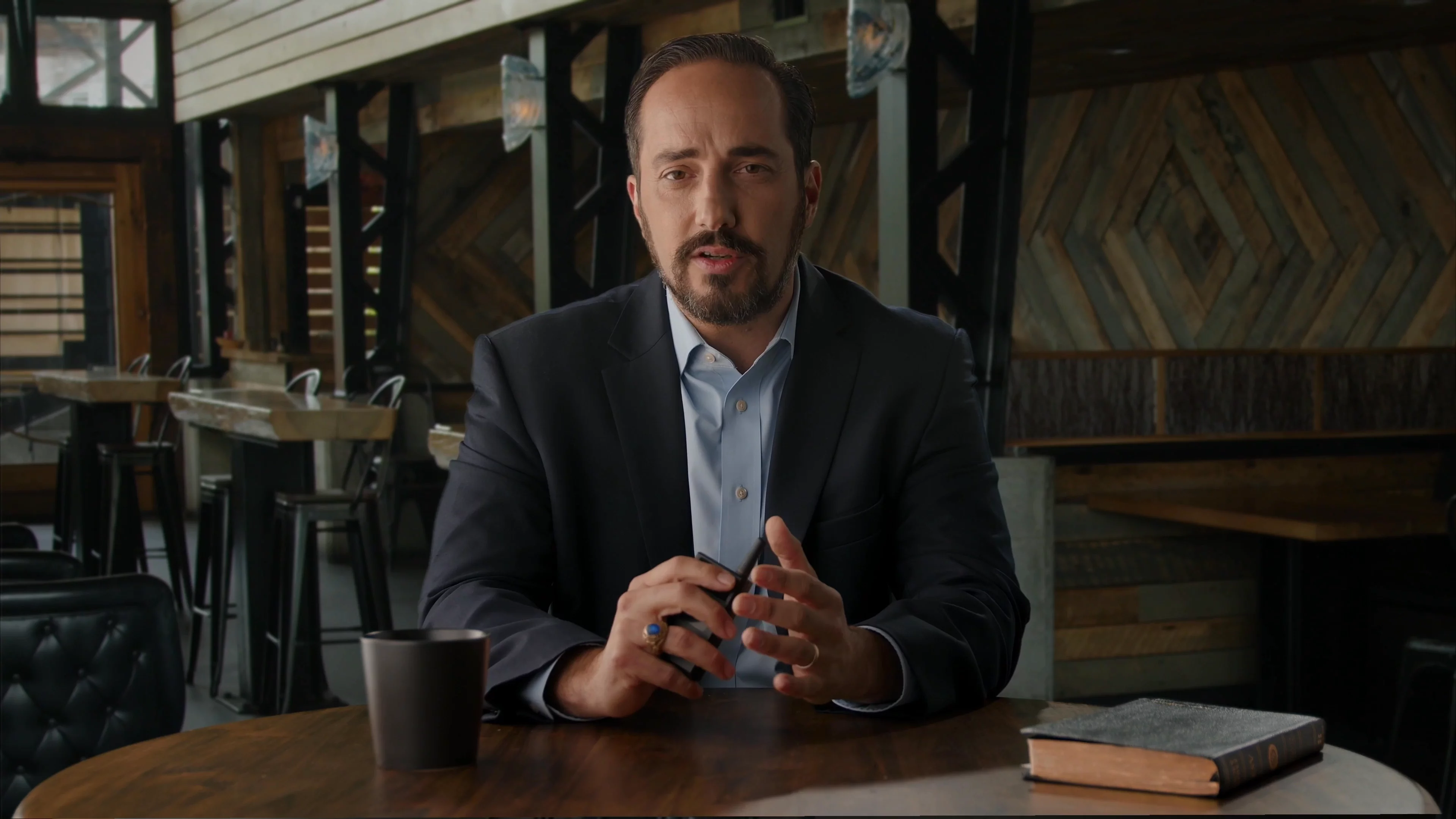
The State of the Marital Union
J.P. De Gance
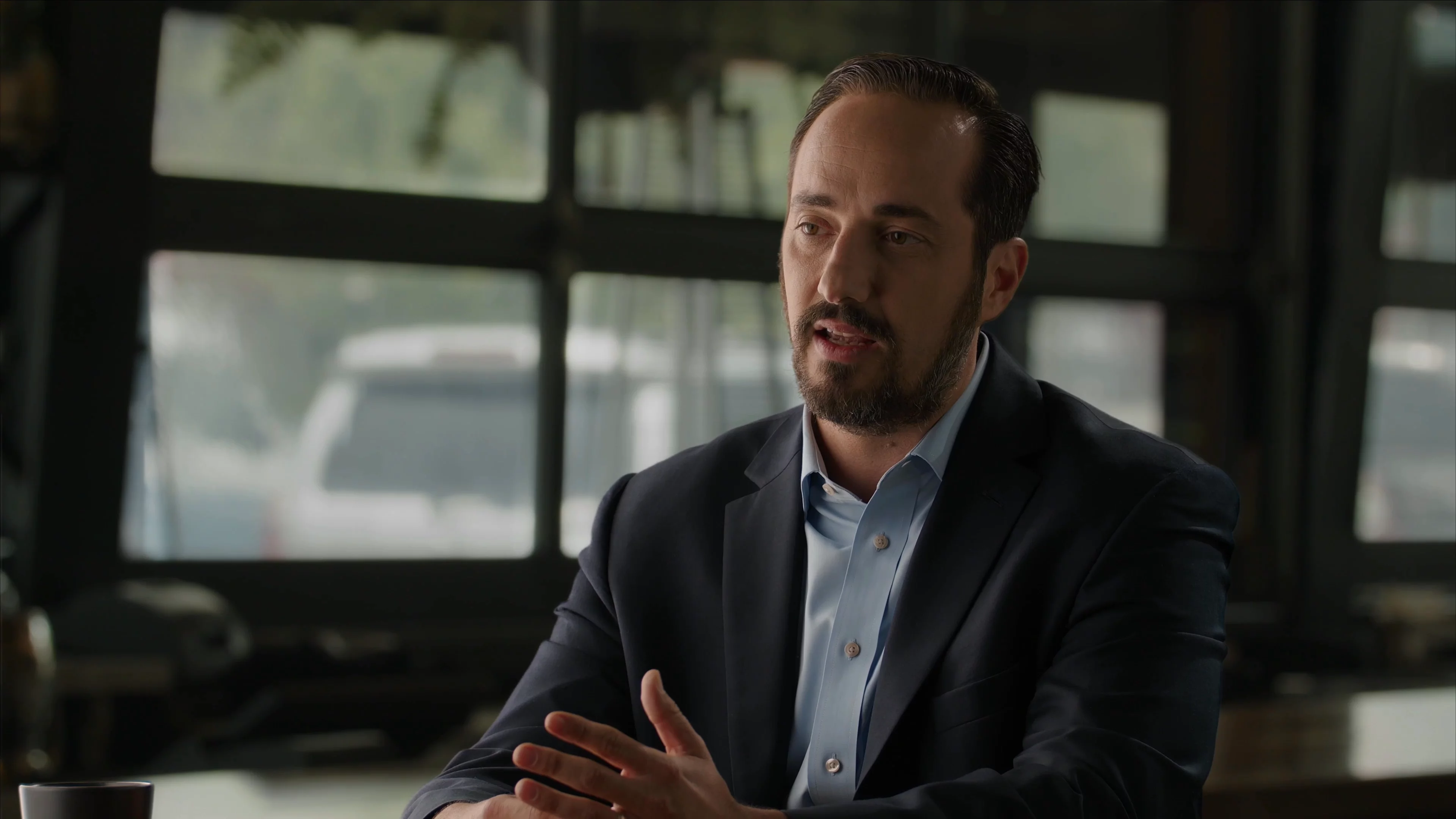
Defeating Defeatism about the Family and Society
J.P. De Gance
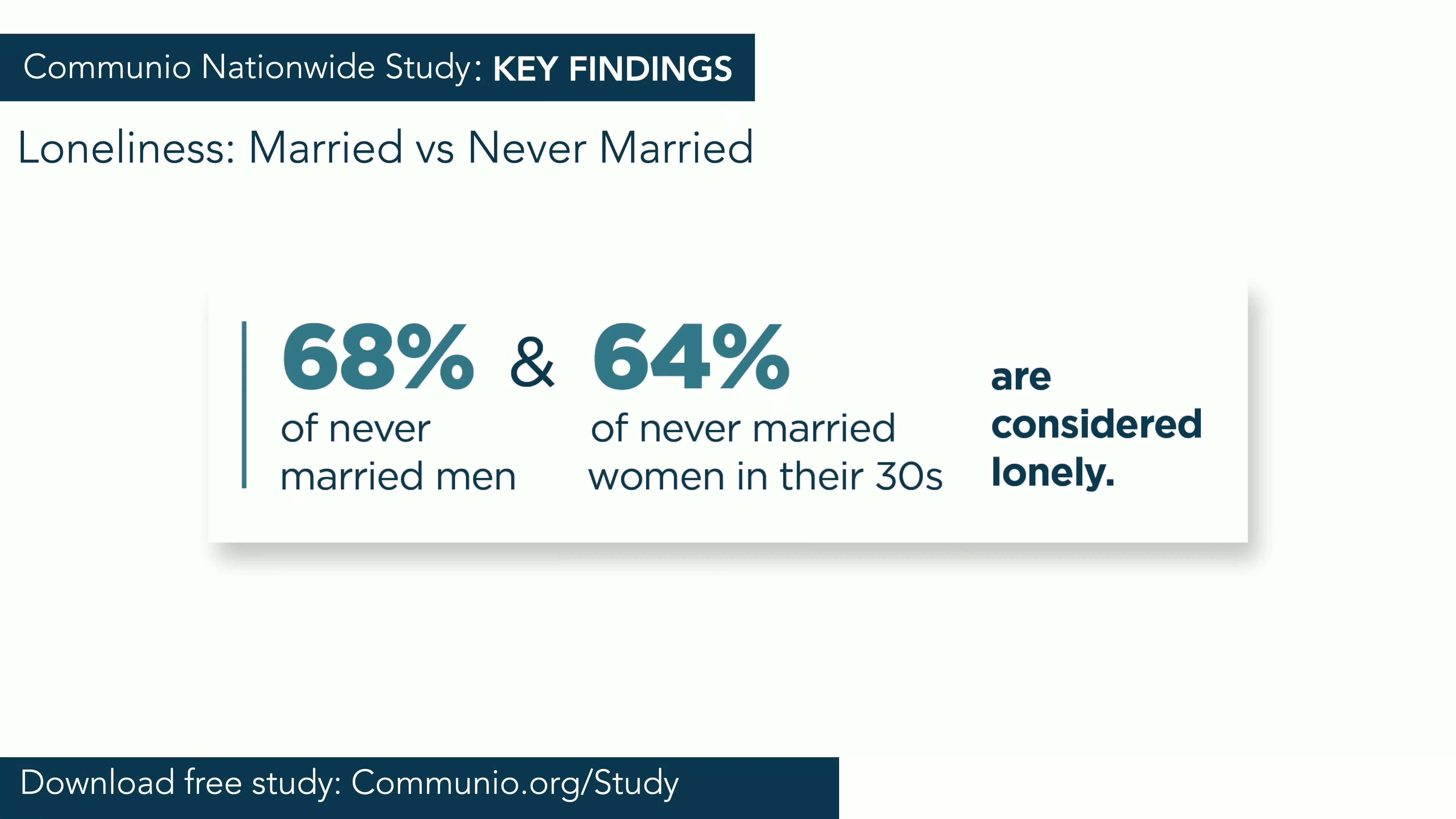
The Pandemic of Loneliness
J.P. De Gance
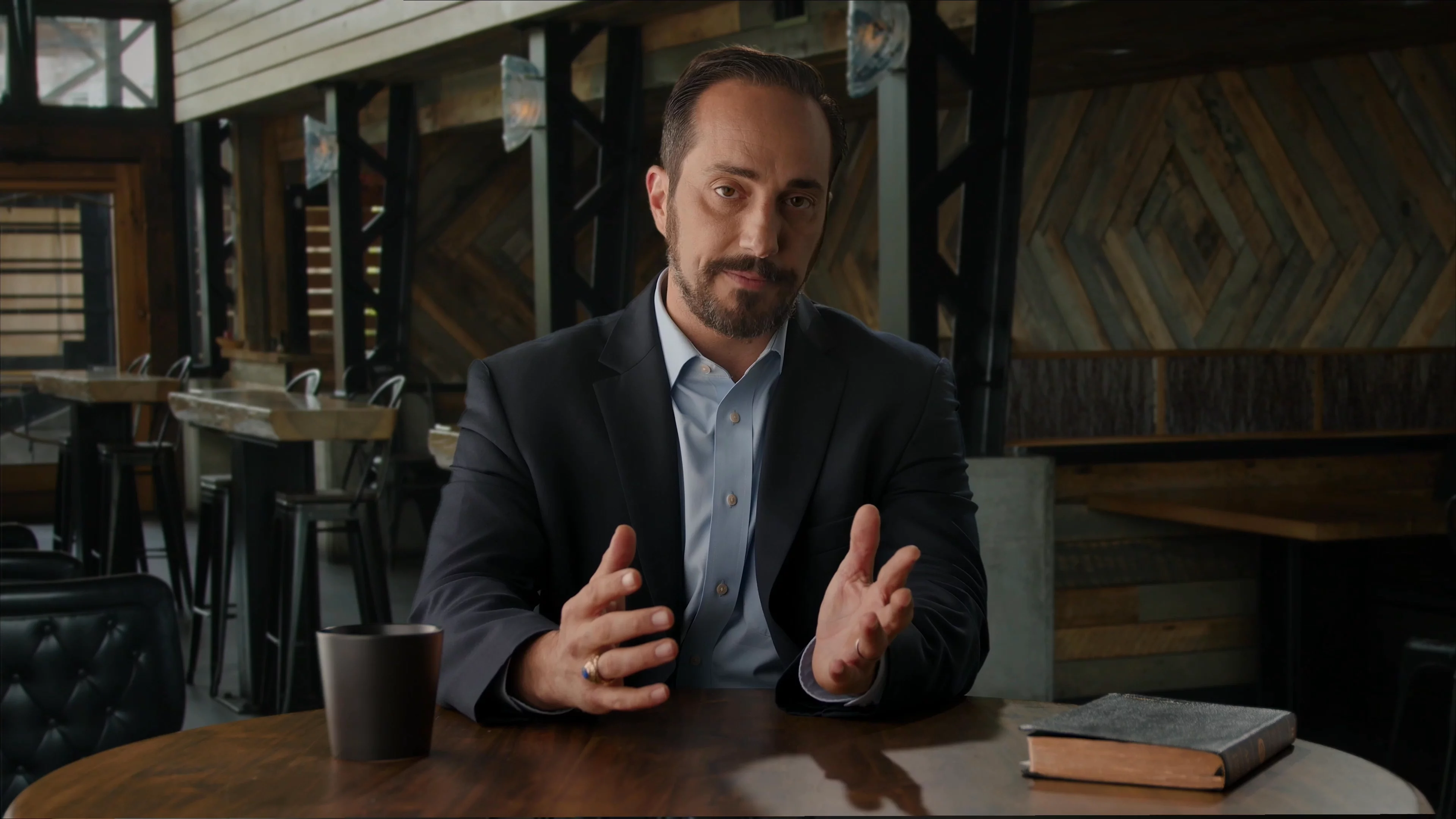
Equipping Churches to Love Singles Well
J.P. De Gance
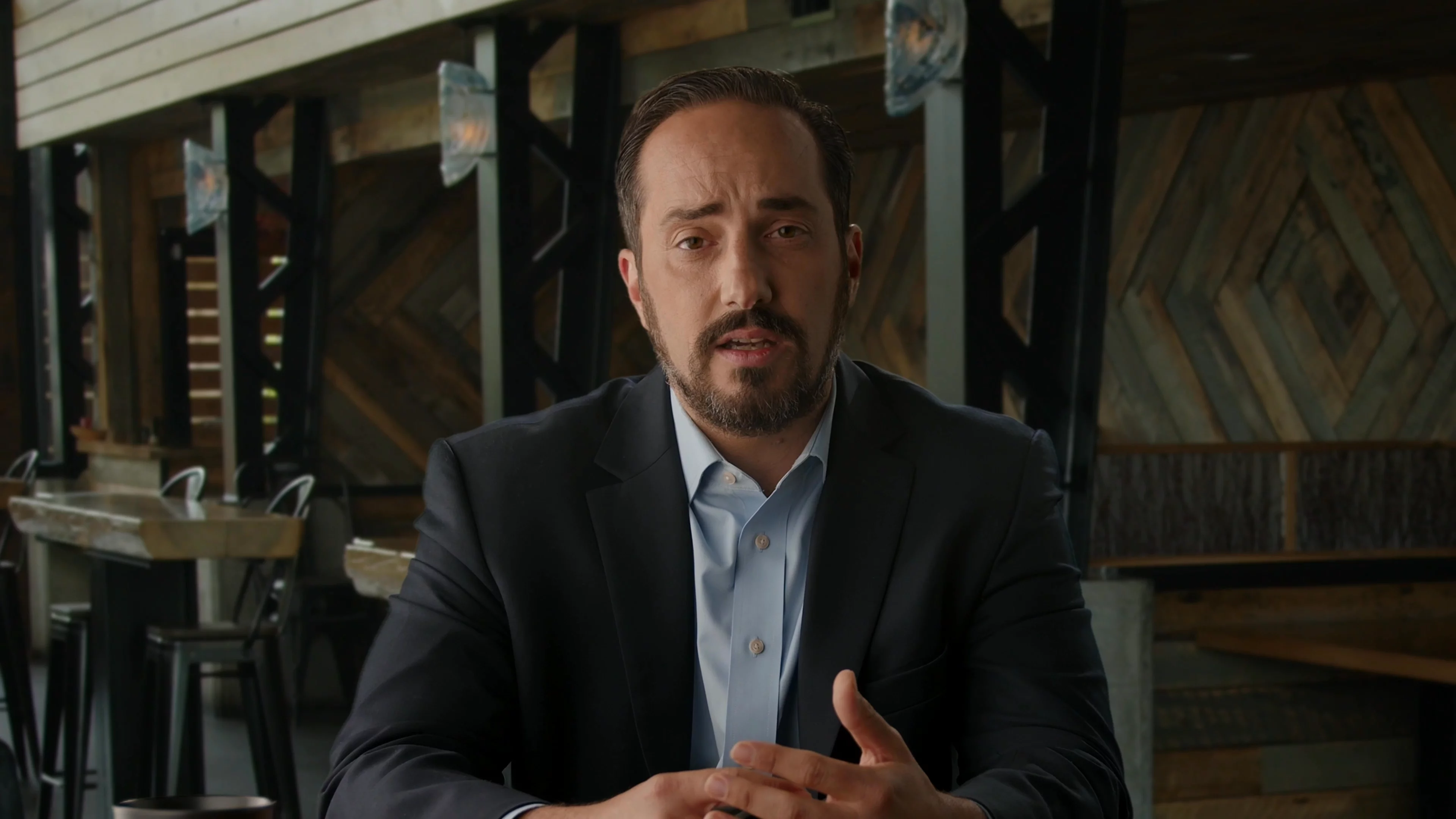
We are Family: The History of the Family Unit
J.P. De Gance
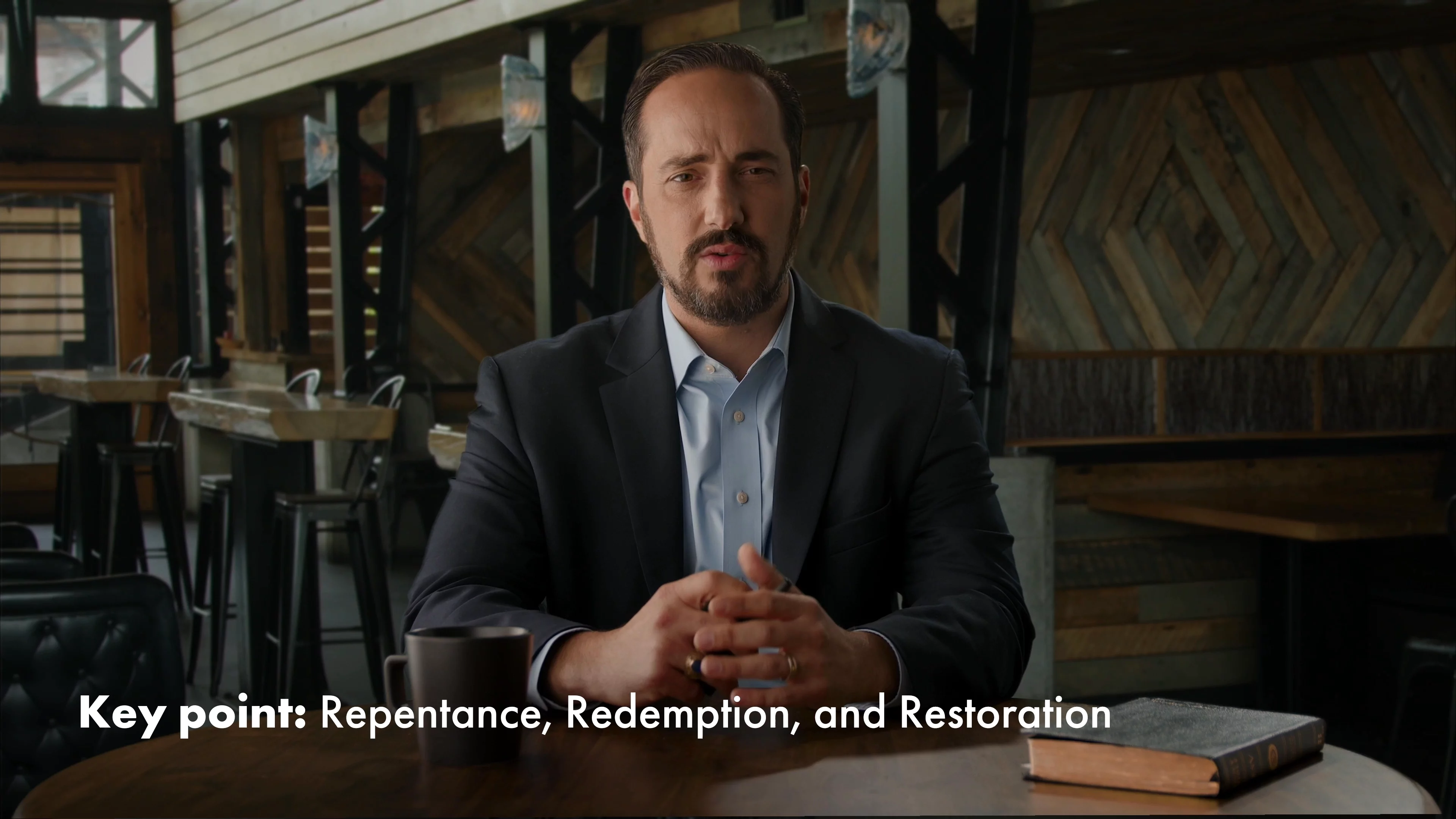
The Lie of Linear Progress
J.P. De Gance
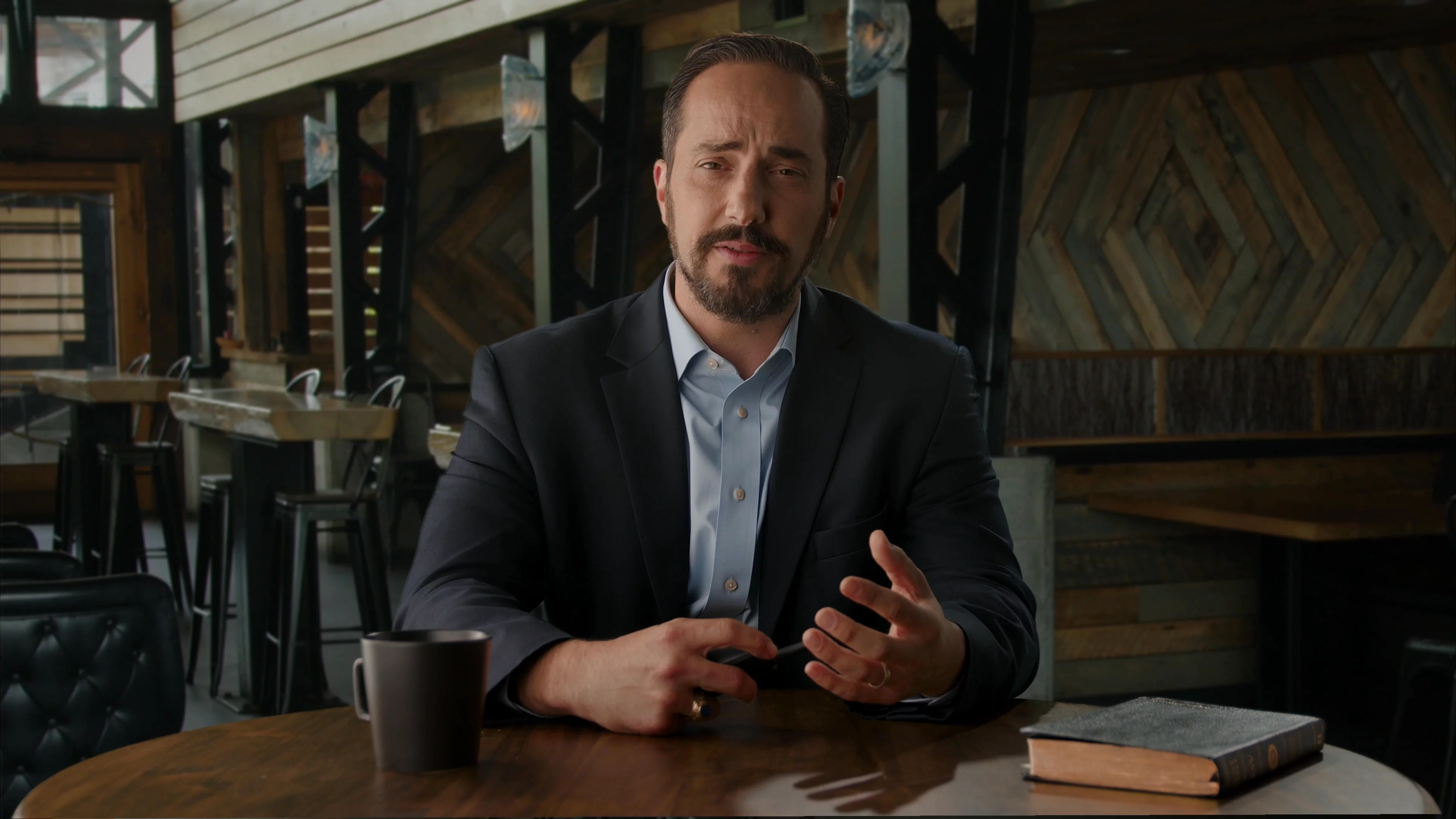
The Role of Fathers in the Rise of the “Nones”
J.P. De Gance
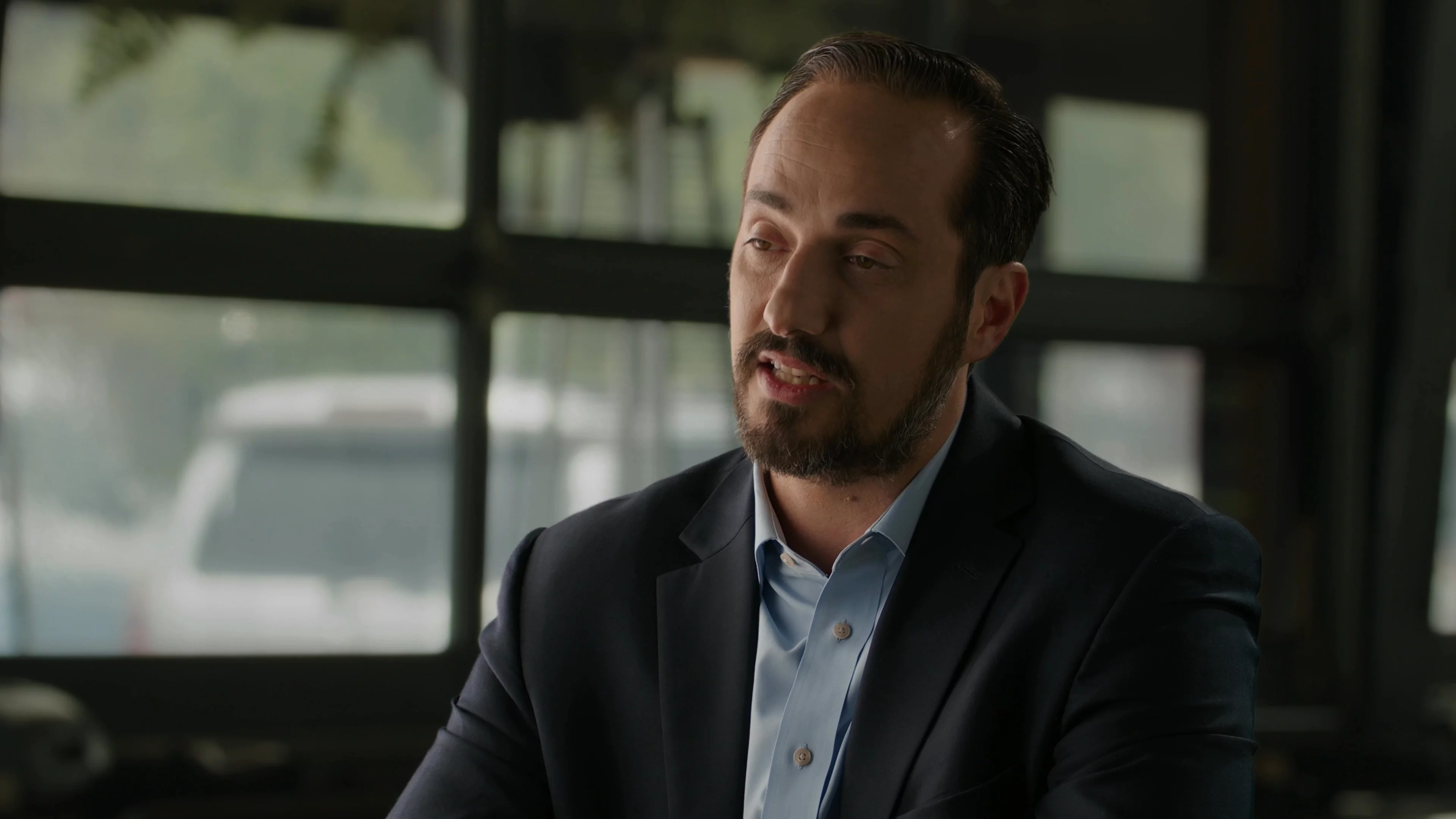
Faith and Family Collapse
J.P. De Gance
J.P. De Gance's Recommended Resources
Endgame: The Church's Strategic Move to Save Faith and Family in America
The family crisis in America has battered society and reduced belief in Jesus Christ. So far, the Church has struggled to address it, threatening the very future of Christianity. Aided by the Spirit, believer must use their whole heart, soul, and mind to use the very best strategies to combat it. Endgame recognizes that time is running out to solve the crisis. It analyses pathbreaking empirical research and provides insights on new strategies churches are deploying to solve this crisis and save family and faith in America.
“Endgame is the marriage and family manifesto the church needs to heed. Van Epp and De Gance offer proven strategies and practical skills for seasoned ministry leaders as well as those just getting started. I had many “Ah-ha” moments while reading this book.”
Ted Cunningham Pastor
Woodland Hills Family Church, Branson, MO
Author, Fun Loving You
"Endgame is a book for anyone serious about evangelization and sharing the Gospel. J.P. De Gance and John Van Epp identify arguably the biggest 21st century barrier to faith in Jesus. They also provide a set of real solutions and strategies for churches and Christians to begin breaking down this barrier." Craig Springer Executive Director of Alpha USA "Endgame is the book that every bishop, priest and lay family minister needs to read. This book is for all those overwhelmed by the “bad news” about marriage and family life in America. Endgame provides a way forward that completely sidesteps political divisions and the culture wars."
Helen Alvare
Member of the Vatican’s Dicastery for Laity, Family, and Life
Professor of Law at George Mason University and legal scholar on the Family
Nationwide Study on Faith & Relationships
The Communio Nationwide Study on Faith and Relationships reveals that the collapse in marriage and the resulting decline in resident fatherhood may offer the best explanation for the decline of Christianity in the United States. These conclusions are drawn from the results of a nationwide survey of 19,000 Sunday church attendees conducted during worship in 112 evangelical, Protestant, and Catholic congregations in 13 different states.
How the West Really Lost God: A New Theory of Secularization
In this magisterial work, leading cultural critic Mary Eberstadt delivers an influential new theory about the decline of religion in the Western world. The conventional wisdom is that the West first experienced religious decline, followed by the decline of the family. Eberstadt turns this standard account on its head. Marshaling an impressive array of research, from fascinating historical data on family decline in pre-Revolutionary France to contemporary popular culture both in the United States and Europe, Eberstadt shows the reverse is also true: the undermining of the family has further undermined Christianity itself.
Drawing on sociology, history, demography, theology, literature, and many other sources, Eberstadt shows that family decline and religious decline have gone hand in hand in the Western world in a way that has not been understood before—that they are, as she puts it in a striking new image summarizing the book’s thesis, “the double helix of society, each dependent on the strength of the other for successful reproduction.”
In sobering final chapters, Eberstadt then lays out the enormous ramifications of the mutual demise of family and faith in the West. While it is fashionable in some circles to applaud the decline of both religion and the nuclear family, there are, as Eberstadt reveals, enormous social, economic, civic, and other costs attendant on both declines. Her conclusion considers this compelling question: whether the economic and demographic crisis now roiling Europe and spreading to America will have the unintentional result of reviving the family as the most viable alternative to the failed welfare state—fallout that could also lay the groundwork for a religious revival as well.
How the West Really Lost God is a startlingly original account of how secularization happens and a sweeping brief about why everyone should care. A book written for agnostics as well as believers, atheists as well as “none of the above,” it will permanently change the way every reader understands the two institutions that have hitherto undergirded Western civilization as we know it—family and faith—and the fundamental nature of the relationship between those two pillars of history.
Family and Civilization
In Family and Civilization, the distinguished Harvard sociologist Carle Zimmerman demonstrates the close and causal connections between the rise and fall of different types of families and the rise and fall of civilizations, particularly ancient Greece and Rome, medieval and modern Europe, and the United States. Zimmerman traces the evolution of family structure from tribes and clans to extended and large nuclear families to the smaller, often broken families of today. And he shows the consequences of each structure for bearing and rearing of children, for religion, law, and everyday life, and for the fate of civilization itself.



